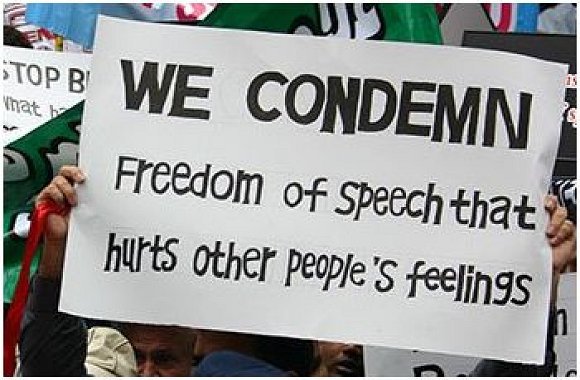Opinion: Defining the First Amendment

The United States is far from perfect. We’ve elected terrible leaders from both sides of the aisle. We’ve gotten into foreign quagmires we should’ve kept well away from. We’ve spoiled many environments, shunned many individuals, and we’ve been remarkably slow in adopting true equality for all. But there is one shining tenet of America that we must not bespoil as well: the First Amendment.
First things first: I’m a democratic socialist. I supported Bernie Sanders and then Jill Stein, and empathize with the causes of many liberals. But to restrict free speech, to create “safe spaces” that bar productive discussion, and to shut down the rallies of those we oppose is not acceptable because it takes away those all-important rights guaranteed by the very first bastion of freedom added to our Constitution. Many liberals who I formerly agreed with advocate these kinds of restrictions, especially in Albany High School.
But are these people really liberals?
The Oxford Dictionaries define liberalism as being “favourable to or respectful of individual rights and freedoms”. Many other such sources echo this meaning. The First Amendment guarantees us freedom of religion, freedom of speech, freedom of press, freedom of assembly, and freedom to petition. Ultra-liberalism to an extreme takes away at least two of these unalienable rights (speech and assembly at the minimum), because many so-called “snowflakes” attempt to prevent the other political side from expressing their views by shutting down their talks (as we’ve seen at UC Berkeley) and creating “safe spaces” where you may not talk about “triggering” issues (a blatant censorship of speech).
Thus we can see that liberalism is the belief in the rights of the individual, and many “ultra-liberals” are trying to take away the rights of individuals. Therefore, these “ultra-liberals” are not liberals at all; rather they are partisans who blindly follow the Democratic leadership. As a true liberal, I support the rights of the person to do whatever they want, but I also agree that the line needs to be drawn somewhere. Recruiting for terrorism should not be tolerated, for obvious reasons; any harassment that can cause severe mental anguish should be quashed. But reading a pro-gun rights article or knowing that a conservative is speaking on your campus are not justifications for censorship. At some times, it may be difficult to make this call, but normally we err too much on the side of censorship and end up glossing over critical topics that need to be debated.
For example, if a liberal wants to convince, say, a white supremacist that his or her views are not okay, they should have the right to do that, just as the white supremacist should have the right to debate that his or her point of view is actually correct. Through debate and assembly, we can further the direction of this nation, whereas by ignoring the other side we not only alienate them more but anger them because they are being denied basic rights.
To protect the individual, we need to protect the individual’s rights, and partisanship by either party is what hinders that. Our society may not be perfect, but the concepts written about in the First Amendment are, and need to be upheld.

